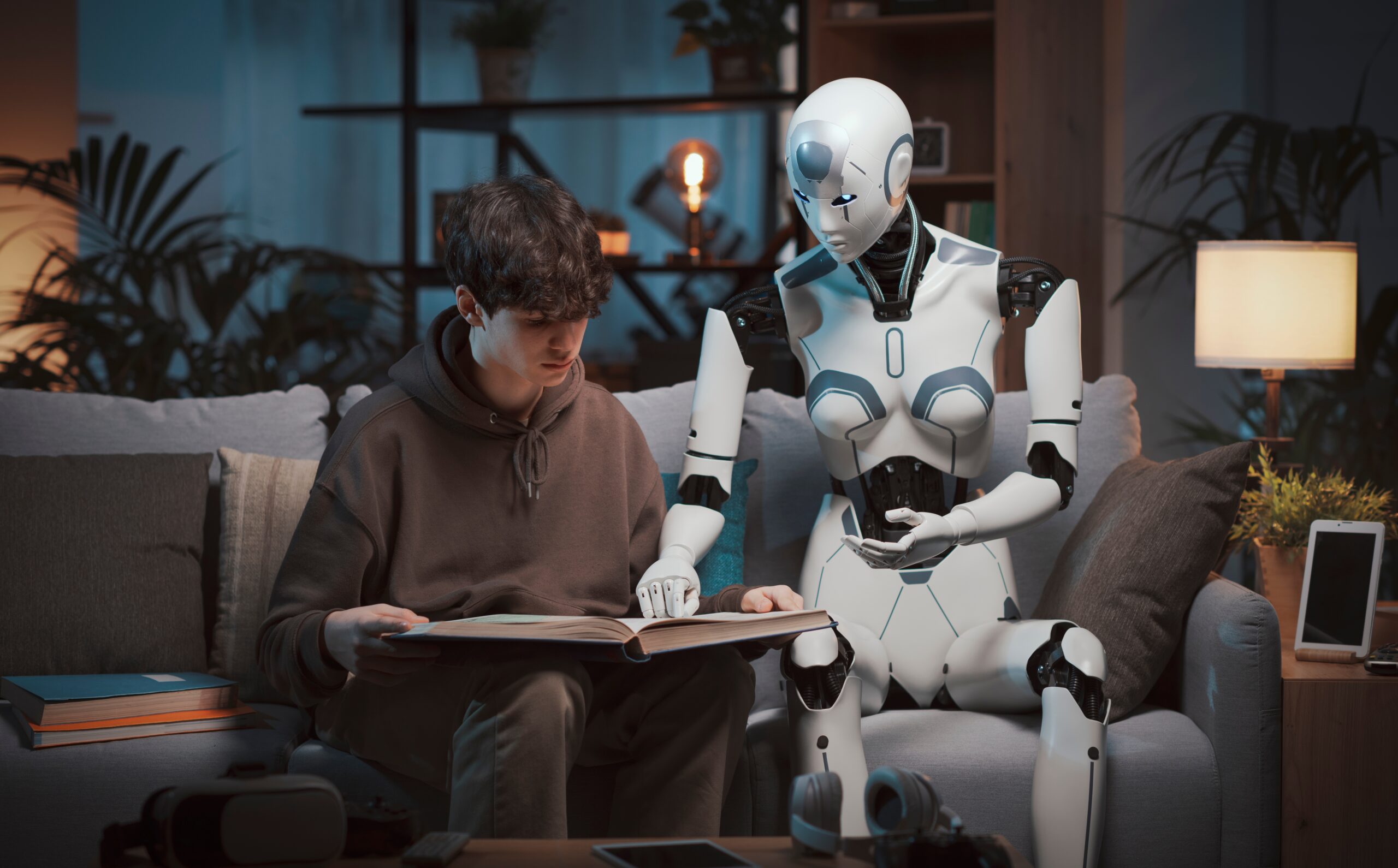Despite its transformative power, generative AI has sparked debate and concerns among book publishers and writers after several AI-penned books have found their way on shelves.
The Frankfurt Book Fair, a leading global gathering of book industry professionals, recently delved into the repercussions of generative AI in various sectors, sparking profound concerns among those in the business.
A whole year’s work in a day
Juergen Boos, director of the Frankfurt Book Fair, claims that there is a pervasive air of worry hanging over the business, according to Business Recorder. The ownership of authors’ creative works and the correct crediting of new content are hot topics within the industry.
Authors and publishers are also debating how to adjust and maintain the value chains in the publishing sector at a time. AI is now producing books faster than humans, creating novels in a matter of days. For example, Tim Boucher published 97 books in nine months with the help of AI.
“What happens to authors’ intellectual property? Who does new content actually belong to? How do we bring this into value chains?” he Boos.
Tools like ChatGPT, which can generate content on command, have made it easier for people with no skills in the industry to write and publish their own creatives.
With access to platforms like Amazon e-book self-publishing, this has also made it easier for people to publish their own work, listing AI tools like ChatGPT as the co-author.
Also read: Meta’s Chief AI Scientist Dismisses the Existential Threat of AI
Garbage productions
However, concerns have been raised over the low-quality productions, which pose a threat to the industry, according to Business Recorder.
One author, Salman Rushdie, said an AI was tasked with producing a 300-word piece using his style, and the output was “garbage,” adding that AI is still far from matching his level.
“And what came out was pure garbage,” he said, adding that “anybody who has ever read 300 words of mine would immediately recognize that it could not possibly be by me.”
Jennifer Becker, a German author and academic, echoed these sentiments, highlighting that AI’s potential lies in collaborative use rather than full autonomy.
She argued that completely handing over the writing process to AI may not result in compelling literature.
“There is a lot of potential to use it—to use it collaboratively. But I still don’t see the point where we really hand over the writing work to AI completely autonomously. That wouldn’t make for an interesting book.”

It depends on genre
However, concerns have been raised over the low-quality productions, which pose a threat to the industry, according to Business Recorder.
One author, Salman Rushdie, said an AI was tasked with producing a 300-word piece using his style, and the output was “garbage,” adding that AI is still far from matching his level.
“And what came out was pure garbage,” he said, adding that “anybody who has ever read 300 words of mine would immediately recognize that it could not possibly be by me.”
Jennifer Becker, a German author and academic, echoed these sentiments, highlighting that AI’s potential lies in collaborative use rather than full autonomy.
She argued that completely handing over the writing process to AI may not result in compelling literature.
“There is a lot of potential to use it—to use it collaboratively. But I still don’t see the point where we really hand over the writing work to AI completely autonomously. That wouldn’t make for an interesting book.”
The legal challenge
Apart from concerns over creativity, the integration of AI into publishing raises complex legal issues, with a significant gray area surrounding copyright ownership. Boos emphasized the enormity of this issue and the considerable financial stakes involved.
Legal disputes related to AI have already emerged, with notable authors such as George RR Martin, John Grisham, and Jodi Picoult filing a class-action lawsuit against OpenAI, the creator of ChatGPT, over alleged copyright violations.
The Authors Guild, an organization representing writers, joined the lawsuit, accusing OpenAI of using their books “without permission” to train ChatGPT’s language models.
But recently, Amazon released guidelines on AI books, demanding authors declare if their books include any AI-generated content.
The company has removed several books from its shelves following complaints by authors after seeing AI-generated books published under their name.









 and then
and then